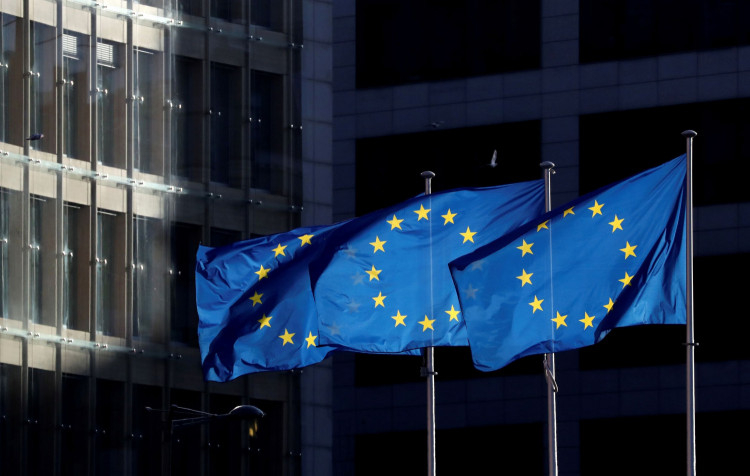European Union (EU) governments are being urged by the European Commission to use coronavirus contact tracing apps voluntarily, and that the digital system should not be imposed on citizens.
The Commission's recommendation is one of the measures aimed at lifting border restrictions in order to revive the suffering sectors of travel and tourism in the EU.
Several countries have already started developing and using contact tracing apps in hopes of reopening borders and preventing a potential second wave of the pandemic. Most EU states are a part of the Schengen Area, in which citizens can travel freely across borders.
Digital contact tracing has sparked privacy and government surveillance concerns, which people fear will remain even after the pandemic ends. This has resulted in rallies and protests in Germany, where many citizens are already wary about an invasion of privacy.
Several Asian countries are already using contact tracing apps, which make use of Bluetooth technology to track those who may have come in contact with a person infected with the coronavirus. The Commission sought to allay privacy fears, saying that citizens' access to transport services should also not be subjected to the use of such apps.
Reuters reports that the EU believes that the apps could be used by passengers to detect and interrupt infection chains, reducing the risk of further transmission for as long as risk persists.
"Due to the cross-border nature of transport, it is important to try to ensure the interoperability and mutual acceptance of such measures," the document stated.
The issue regarding apps not being able to work across the borders of the EU emerged after a disagreement between Apple and France. The country argues that the Cupertino-tech giant is undermining its efforts in combating the coronavirus by refusing to help make its iPhones more compatible with a planned "StopCovid" contact tracing app.
Both Google and Apple are collaborating on a smartphone app that will curb the spread of the virus by allowing people to opt into logging other phones of people they've come in contact with.
The United Kingdom has since defied Google and Apple's efforts and insists on building its own app, even though it will have limited access to the Bluetooth notifications necessary for it to work.
Apple and Google will push the new software to people's smartphones automatically later this month, and it's meant to be incorporated into COVID-19 apps developed by government health agencies across the globe.






